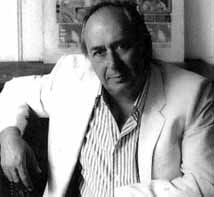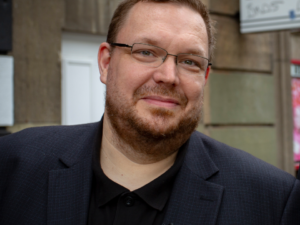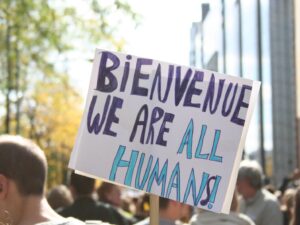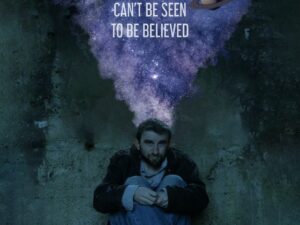
J.G. Ballard & the Sciences
Key Note Speaker: Christopher Priest
Sponsored by Humanities

Hosted by the Anglia Ruskin Centre for Science Fiction and Fantasy (CSFF)
Anglia Ruskin University, Cambridge
25th November 2017.
“Science and technology multiply around us. To an increasing extent they dictate the languages in which we speak and think. Either we use those languages, or we remain mute.” J.G. Ballard
Registration for the event is now open and space is limited. Please click here to register.
From The Drowned World’s early meditations on ecology, to the provocative prosthetics of Crash, through to the psychopathologies at work (or rather play) in Cocaine Nights, Super-Cannes and Kingdom Come, the writings of J.G. Ballard are in constant dialogue with the discourses of science and technology. As a result, his novels and short stories function as vast indexes of scientific innovation and enquiry, immersing the reader in the complex yet often beautiful languages of biology, chemistry, zoology, medicine, botany, neuroscience, bioethics, anatomy, biotechnology and psychology, to name just a few.
Papers are invited for a one-day cross-disciplinary conference on all aspects of the intersections between J.G. Ballard and science. Proposals are welcomed from researchers at all stages of their career, including postgraduate students, independent scholars and creative writers.
We are still accepting proposals through the end of August. Please send proposals or abstracts of up to 300 words along with a short biography to Jeannette Baxter: Jeannette.Baxter@anglia.ac.uk by: September 18, 2017.
 Humanities (ISSN 2076-0787) is an international, peer-reviewed, quick-refereeing scholarly open access journal (free for readers). The central concern of this journal pertains to the core values of the Humanities, i.e., focusing on the ideals of human existence, seen through many different lenses. What makes life valuable, livable, meaningful? How can we understand human existence in its historical, artistic, spiritual, linguistic, communicative, environmental, political, and social dimensions? Both historical and modern perspectives are welcome, as well as interdisciplinary approaches.
Humanities (ISSN 2076-0787) is an international, peer-reviewed, quick-refereeing scholarly open access journal (free for readers). The central concern of this journal pertains to the core values of the Humanities, i.e., focusing on the ideals of human existence, seen through many different lenses. What makes life valuable, livable, meaningful? How can we understand human existence in its historical, artistic, spiritual, linguistic, communicative, environmental, political, and social dimensions? Both historical and modern perspectives are welcome, as well as interdisciplinary approaches.


